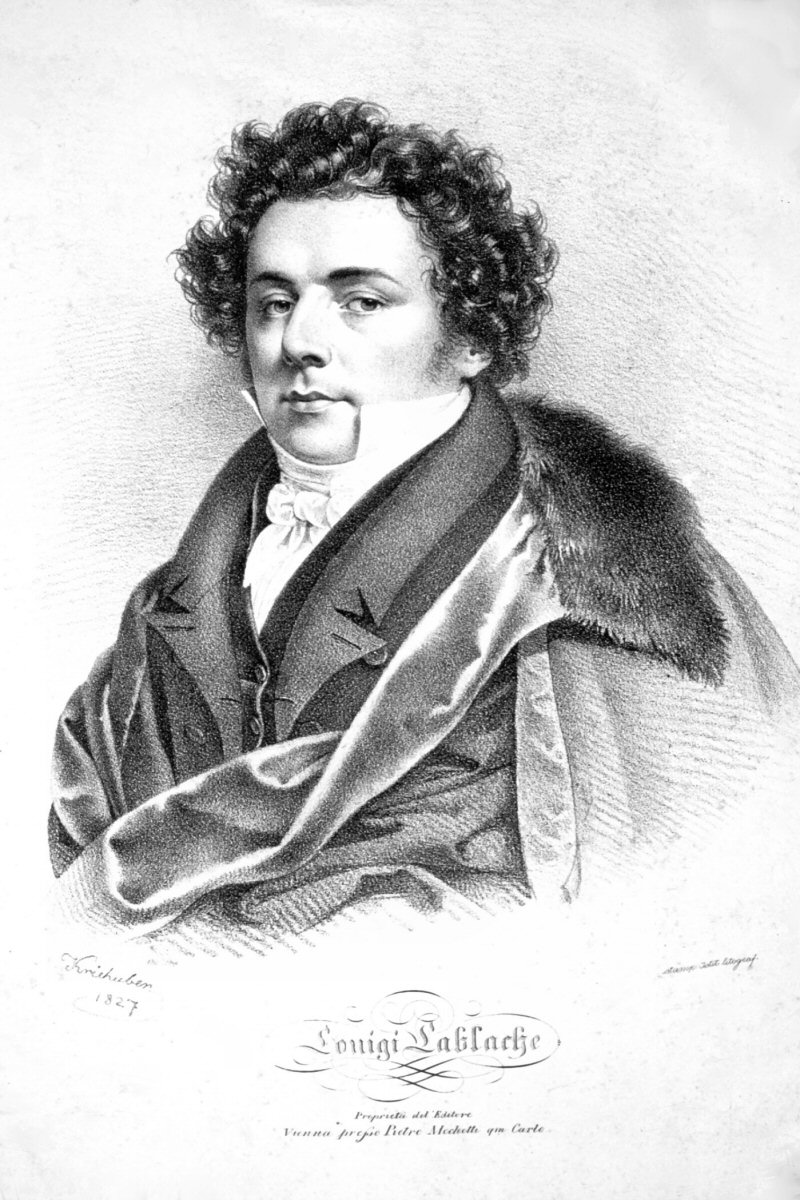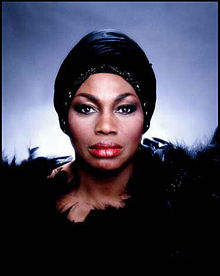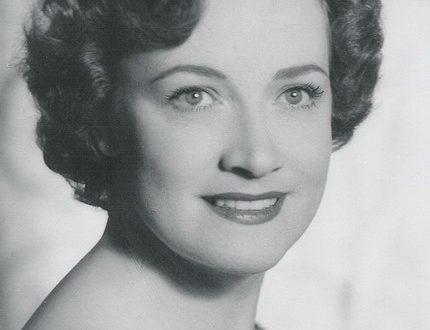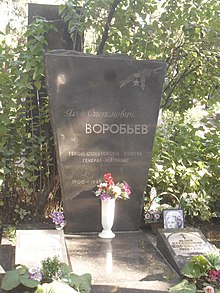
Luigi Lablache |
Luigi Lablache
For a wonderful bass, Lablache was nicknamed Zeus the Thunderer. He possessed a strong voice with a bright timbre, a large range, which sounded great both in cantilena and in virtuoso passages. A brilliant actor, he combined in his art virtuoso improvisation with realistic truthfulness, created magnificent images of diverse characters. Russian composer A.N. Serov ranked him among the “category of great singer-actors.” “Enthusiastic fans of Lablache compared his upper D with the roar of a waterfall and an explosion of a volcano,” writes Yu.A. Volkov. – But the main advantage of the singer was the ability at the right time to subordinate his large, easily flammable temperament to the intention of the role. Lablache combined inspirational improvisation with a high musical and acting culture.
Wagner, having heard him in Don Juan, said: “A real Leporello … His powerful bass all the time retains flexibility and sonority … Surprisingly clear and bright sound, although he is very mobile, this Leporello is an incorrigible liar, a cowardly talker. He does not fuss, does not run, does not dance, and yet he is always on the move, always in the right place, where his sharp nose smelled profit, fun or sadness … “
Luigi Lablache was born on December 6, 1794 in Naples. From the age of twelve, Luigi studied at the Naples Conservatory to play the cello and then the double bass. After participating (contralto part) in the Spanish Requiem, Mozart began to study singing. In 1812 he made his debut at the San Carlo Opera House (Naples). Lablache originally performed as a bass buff. Fame brought him the performance of the part of Geronimo in the opera “Secret Marriage”.
On August 15, 1821, Lablache made his first appearance at La Scala as Dandini in Rossini’s Cinderella. The Milanese remembered him in the operas Don Pasquale and The Barber of Seville.
In comic operas, the “hugely obese” bass Lablache was the idol of the public. His voice, of a bright timbre and huge range, thick and juicy, was not without reason compared by contemporaries with the roar of a waterfall, and the upper “D” was likened to an explosion of a volcano. A great acting gift, inexhaustible gaiety and a deep mind allowed the artist to shine on stage.
From the role of Bartolo Lablache created a masterpiece. The character of the old guardian was revealed from an unexpected side: it turned out that he was not at all a rogue and not a miser, but a naive grumbler, maddeningly in love with a young pupil. Even as he reprimanded Rosina, he took a moment to gently kiss the girl’s fingertips. During the performance of the aria about slander, Bartolo conducted a mimic dialogue with a partner – he listened, was surprised, amazed, indignant – so monstrous was the baseness of the venerable Don Basilio for his ingenuous nature.
The peak of the singer’s popularity falls on the period of his performances in London and Paris in 1830-1852.
Many of his best roles are in the works of Donizetti: Dulcamara (“Love Potion”), Marine Faliero, Henry VIII (“Anne Boleyn”).
G. Mazzini writes about one of the performances of the opera Anna Boleyn in the following way: “… the individuality of the characters, which the blind imitators of Rossini’s lyrics so barbarously neglect, is diligently observed in many of Donizetti’s works and outlined with rare force. Who has not heard in the musical depiction of Henry VIII the cruel, at the same time tyrannical and unnatural manner, which the story tells about? And when Lablache throws out these words: “Another one will sit on the English throne, she will be more worthy of love,” who does not feel how his soul trembles, who does not comprehend at this moment the secret of the tyrant, who does not look around this courtyard that doomed Boleyn to death ?
A funny episode is cited in his book by D. Donati-Petteni. He describes the occasion when Lablache became Donizetti’s unwitting collaborator:
“At that time, Lablache arranged unforgettable evenings in his luxurious apartment, to which he invited only his closest friends. Donizetti also often attended these festivities, which the French called – this time with good reason – “pasta”.
And in fact, at midnight, when the music stopped and the dancing ended, everyone went to the dining room. A huge cauldron appeared there in all its splendor, and in it – the invariable macaroni, with which Lablache invariably treated the guests. Everyone received their portion. The owner of the house was present at the meal and contented himself with watching the others eat. But as soon as the guests finished dinner, he sat down at the table alone. A huge napkin tied around his neck covered his chest, without saying a word, he ate the remnants of his favorite dish with indescribable greed.
Once Donizetti, who was also very fond of pasta, arrived too late – everything was eaten.
“I’ll give you pasta,” said Lablache, “on one condition.” Here is the album. Sit down at the table and write two pages of music. While you are composing, everyone around will be silent, and if anyone speaks, they will lay out a forfeit, and I will punish the criminal.
“Agreed,” said Donizetti.
He took a pen and set to work. I had barely drawn two musical lines when someone’s beautiful lips uttered a few words. It was Signora Persiani. She told Mario:
“We bet he’s composing a cavatina.
And Mario carelessly replied:
“If it was meant for me, I would be happy.
Thalberg also broke the rule, and Lablache called all three to order in a thunderous voice:
– Fant, signorina Persiani, fant, Thalberg.
– I finished! exclaimed Donizetti.
He wrote two pages of music in 22 minutes. Lablache offered him his hand and led him into the dining room, where a new cauldron of pasta had just arrived.
The maestro sat down at the table and began to eat like Gargantua. Meanwhile, in the living room, Lablache announced the punishment of the three guilty of disturbing the peace: Signorina Persiani and Mario were to sing a duet from L’elisir d’amore, and Thalberg to accompany. It was a wonderful scene. They began to loudly call the author, and Donizetti, tied with a napkin, began to applaud them.
Two days later, Donizetti asked Lablache for an album in which he recorded the music. He added the words, and those two pages of music became the choir from Don Pasquale, a beautiful waltz that sounded all over Paris two months later.”
Not surprisingly, Lablache became the first performer of the title role in the opera Don Pasquale. The opera premiered on January 4, 1843 at the Théâtre d’Italien in Paris with Grisi, Lablache, Tamburini and Mario. The success was triumphant.
The hall of the Italian theater has never seen such a brilliant meeting of the Parisian nobility. One must see, recalls Escudier, and one must hear Lablache in Donizetti’s highest creation. When the artist appeared with his childish face, deftly and at the same time, as if settling under the weight of his fat body (he was going to offer his hand and heart to dear Norina), friendly laughter was heard throughout the hall. When, with his amazing voice, overriding all other voices and the orchestra, he thundered in the famous, immortal quartet, the hall was seized with genuine admiration – the intoxication of delight, a huge triumph for both the singer and the composer.
Lablash played many excellent roles in Rossinian productions: Leporello, Assur, William Tell, Fernando, Moses (Semiramide, William Tell, The Thieving Magpie, Moses). Lablache was the first performer of the parts of Walton (Bellini’s Puritani, 1835), Count Moore (Verdi’s Robbers, 1847).
From the 1852/53 season to the 1856/57 season, Lablache sang at the Italian Opera in St. Petersburg.
“The artist, who had a bright creative personality, successfully performed heroic and characteristic parts, appeared before the Russian audience as a bass buff,” writes Gozenpud. – Humor, spontaneity, a rare stage gift, a powerful voice with a huge range determined his importance as an unsurpassed artist of the musical scene. Among his highest artistic achievements, we should first of all name the images of Leporello, Bartolo, Don Pasquale. All the stage creations of Lablache, according to contemporaries, were striking in their truthfulness and vitality. Such was, in particular, his Leporello – impudent and good-natured, proud of the master’s victories and always dissatisfied with everything, impudent, cowardly. Lablache captivated the audience as a singer and actor. In the image of Bartolo, he did not emphasize his negative properties. Bartolo was not angry and envious, but funny and even touching. Perhaps this interpretation was influenced by the influence of the tradition coming from Paisiello’s The Barber of Seville. The main quality of the character created by the artist was innocence.”
Rostislav wrote: “Lablash managed to give (a minor party) a particularly important significance … He is both ridiculous and distrustful, and deceived just because he is simple. Note the expression on Lablache’s face during Don Basilio’s aria la calunma. Lablache made a duet out of the aria, but the duet is mimic. He does not suddenly understand all the baseness of the slander offered by the cunning Don Basilio – he listens, is surprised, follows every movement of his interlocutor and still cannot allow himself to his simple concepts so that a person could encroach on such baseness.
Lablache, with a rare sense of style, performed Italian, German and French music, nowhere exaggerating or caricaturing, being a high example of artistic flair and style.
At the end of the tour in Russia, Lablache completed his performances on the opera stage. He returned to his native Naples, where he died on January 23, 1858.





